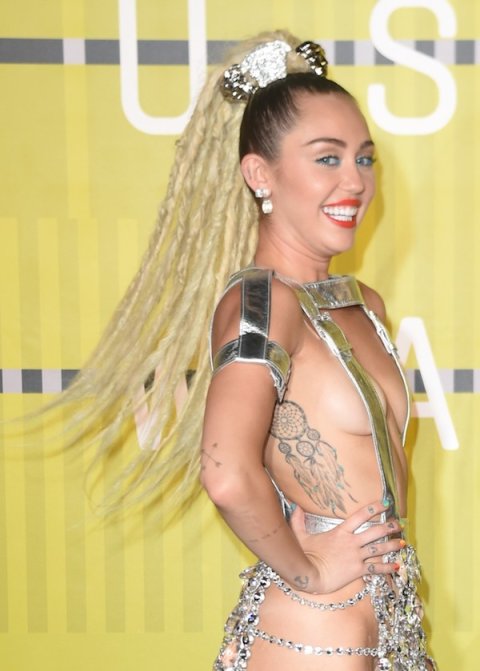
PARIS FRANKLIN
Copy Editor
franklpm@plu.edu
Editor’s note: For the sake of the argument, Paris is identifiying as white, female feminists.
Every person living in a free society has a right to enjoy their own appearance. In today’s America, however, this is increasingly difficult; judgement is imminent for anyone who does almost anything to alter their physical self. Adding in the issue of what is “appropriate” for each race further complicates the matter and makes for discomfort surrounding personal decisions because of the reactions of others.
What a person does with their hair is a choice that should not be scrutinized until it directly affects others. A person should not have a right to judge the action of another until they fully understand why said person made that decision.
I am Jewish and I have half of my hair crocheted into dreadlocks. I fully support any individual’s right to the same self-expression that I was using nearly six months ago when I first had my hair professionally locked. I am not defending Miley. Rather, I am defending those who are criticized for locking their hair when they are told that they don’t deserve to do so.
Dreadlocks once represented religious implications (ie. in Biblical times, the connection between a person and G-d was often cemented by the locking of the hair). The creation of dreadlocks allowed a person to prove their commitment to live a life of few material possessions, combs included.
In the Old Testament, the Nazirite Oath includes a rule that requires followers to let hair grow as it pleases. In another section of the Hebrew Bible, the story of Samson, a character with seven dreadlocks that contain his superhuman abilities and represent his relationship with G-d, is present. When his dreadlocks are cut off, he loses his power and is killed by his enemies.
It was these two pieces in Judeo-Christian religious texts that first inspired the Rastafarians in the Caribbean to regard dreadlocks as a holy addition to one’s physical appearance. This is the first time that dreadlocks became associated with African-Americans and not those of caucasian descent.
This idea that dreadlocks were reserved only for sacred people was a short-lived trend, to say the least. Dreadlocks quickly became a part of popular culture figures like Bob Marley came on to the scene. While Marley held dreadlocks in the same spiritual regard as many Rastafarians still do, a vast majority of people who were inspired to lock their hair because of him didn’t.
Dreadlocks developed in multiple different places under different circumstances. To think that people today who get them are trying to prove a religious belief (and therefore they are being disrespectful when they do so) is about as realistic as thinking that all people who braid their hair are hateful towards Native Americans or Scandinavians.
I understand the fear of taking something that was not mine to begin with and trying to make it my own. I understand that as a white person, I cannot ever feel my ancestors went through anything as horrific as black people have in the country we currently live in. The struggle that I can understand, however, is the struggle of my Jewish ancestors in World War Two and throughout history.
I also recognize that the definition of cultural appropriation is when a group who has power within a culture takes on traits of an oppressed group in that same society. I bring this up because I believe that people of color are just as entitled to their culture as I am entitled to my own Jewish culture, and I understand that these two groups in particular have been oppressed by the same group of people.
I should feel no more guilt for admiring the hairstyle of another culture than I would for wearing a T-shirt with words in French on it or having a friend of Latin descent who drives a model of car entitled “Cherokee.”
There is a difference between cultural appropriation and cultural exchange. There is a difference between a person doing something as a part of a religion and doing it because they like the concept of it.
Not only did I get dreadlocks to tame my coarse, frizzy hair and take advantage of the same ease of style as a black person who also doesn’t want to have to spend a lot of time working with a natural hair texture would, but I also got them because I do not feel that it is fair to say that dreadlocks are only allowed within one culture of people.
I hope that those of African-American ancestry do not feel I am disrespecting them by having dreadlocks and that people of any genetic background do not ever see me as culture-stealing or racist. I hope that outside parties recognize my right to have my hair in a style that is convenient for me and that shows my admiration for something that is so trivial as my own hair before they jump to the conclusion that I didn’t know what I was doing when I got dreadlocks.

















